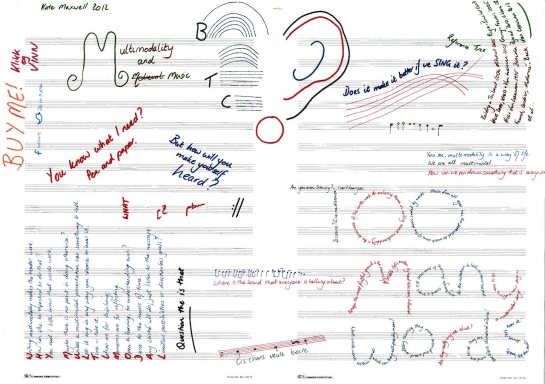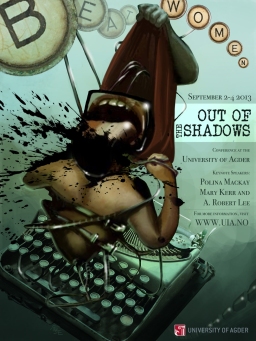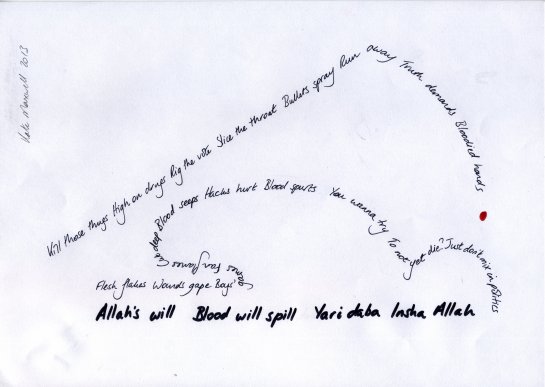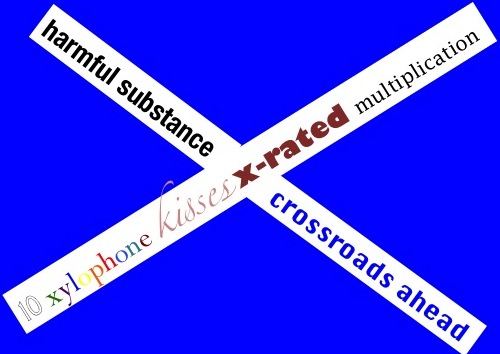Sat down and wrote this today. Anyone with anything to add to this list, please do so in the comments!
You know you’ve been living in (north) Norway too long when…
1. Everyone in your house owns a viking jumper. More than one, even.
2. You buy viking jumpers for all your friends/family, irrespective of where they live, because you think they’re so great.
3. You consider learning to knit (particularly a viking jumper) even though you don’t know which end of a knitting needle is which.
4. You look at the thermometer and think ‘it’s over -5; I won’t need a coat, just my viking jumper’
5. When someone says they’re vegetarian you assume that they eat fish.
6. You think lunch at 11.30 is a bit late.
7. You think going home at 16.00 is working late.
8. You think ketchup is a perfectly acceptable accompaniment to macaroni cheese.
9. You get out the barbeque in -8 because the sun’s out, and even though you have nothing to put on it except sausages. (After all, what else can one grill?)
10. You get excited when exotic items such as dried chick peas are available in the supermarket – or anywhere.
11. You no longer spend Saturday afternoons and Sundays wondering why all the shops are shut.
12. You wonder why anyone would want to travel by plane on a Saturday.
13. You realise that everyone in your house owns a pair of skis, and you take yours with you on domestic business trips between January and March.
14. You assume that winter lasts until May – any sign of life before then is ‘early this year’.
15. You get wildly excited at the sight of the sun, but also think it’s normal not to have night for four months of the year.
16. You think nothing of paying 100 nok (£10/€12/$16) for a bottle of wine in the shop, nor of paying 3-4 times that in a restaurant. In fact, you are so used to the high price of everything that you don’t even bother to look any more.
17. Post takes over a week to get to you from Oslo, and you think this is OK because ‘ting tar tid’ (things take time).
18. Customs will hold on to your parcels for several weeks without explanation, then charge you lots of money for the privilege, and you just shrug and pay up.
19. You dream of holidaying on the Hurtigrute (coastal ‘express’ which takes 11 days to get from Kirkenes to Bergen).
20. You agree that watching a fire burn is an evening’s entertainment.
21. You spend your free time either outside, or planning what you will do once you get outside.
22. Your kids’ friend gets dropped off at preschool in the snowplough.
23. You do the school run on a spark (kick sledge).
24. You have multiple items of woollen underwear, all of which you wear regularly.
25. You consider elk (moose) to be your biggest driving hazard.
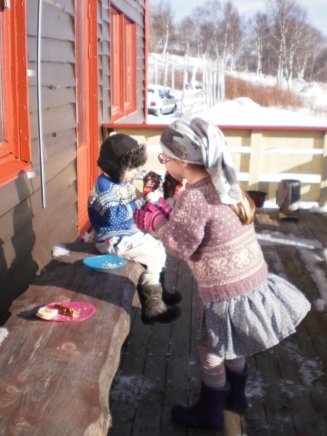
Goats major and minor demonstrating points 1, 4, 9, 15, 21, and 24


